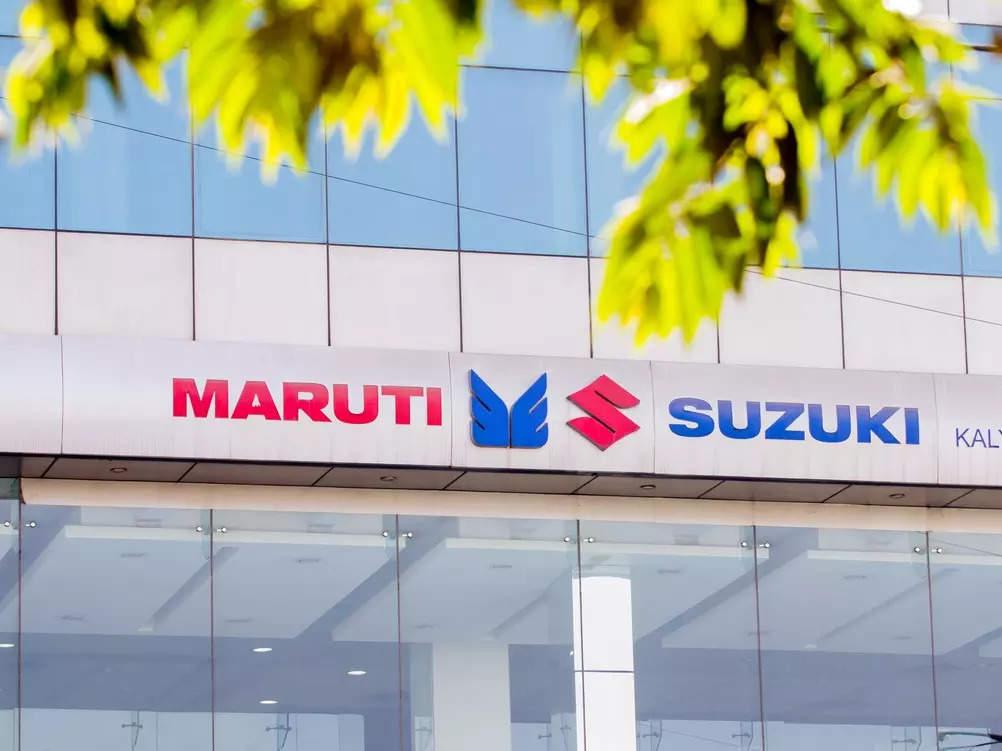
New Delhi:
Country’s largest carmaker Maruti Suzuki is focusing on multiple powertrain technologies to get hold of the ever evolving Indian auto market. It is on track to introduce E20 material compliant vehicles by 2023, has introduced mild hybrid technology in the new versions of Ertiga and XL6, and is now focusing on strong hybrids. The company had earlier announced that it will launch an electric vehicle (EV) in 2025. While it has no plans to re-enter the diesel market, it is firm on CNG and flex-fuel technology.“On the powertrain technology, the company’s electrification strategy is to follow the route of introducing mild hybrids, then strong hybrids and EVs,” CV Raman, Chief Technology Officer, Maruti Suzuki told ETAuto.
Without specifying the launch timeline of a strong hybrid model, he explained that in mild hybrids, there is a small motor and a small battery, while in strong hybrids, there will be start-stop technology, you can do an electric drive, there will be bigger motor and bigger battery. If you remove the engine, it becomes electric.
“All our vehicles will be E20 material compliant before April 2023. We will also start tuning vehicles by then,” he shared, while assuring that it will only have a marginal effect on the increase in vehicle prices.
E20 is a blend of 20% ethanol and 80% petrol. The Indian government has laid down a target of achieving 20% ethanol blending in petrol by 2025.
Maruti Suzuki wants to focus on hybrid vehicles, which are powered by both internal combustion engines (ICE) and electric motors, which uses energy stored in batteries.
Shashank Srivastava, Senior Executive Director- Marketing and Sales, Maruti Suzuki also noted that hybrid technology can help in localisation of EVs in India. “To bring down the cost of EVs in India, it is important to localize and localization cannot happen until we have volumes. This is like a chicken and egg situation. But somewhere the chicken is to be brought to get the egg first. Since several components of strong hybrids and EVs are common, so if you have larger volumes you can localize.”
Another Japanese carmaker Honda Cars India has also recently unveiled the hybrid version of its popular City sedan. While Tata Motors is currently ruling the EV passenger vehicle market in the country, Maruti Suzuki has been considered a laggard in the race to electrification.
According to Srivastava, hybrids are the current mid-way path to electrification of vehicles in India due to lack of charging infrastructure. “For EVs, there are two main points of charging- home charging and destination charging. What happens on the way is emergency charging,” he noted.
He shared that according to the industry analysts, about 10-12% of sales is expected to be EVs by 2030. “Going by this, at a CAGR of about 6.5% as per today’s volumes, by 2030, India is expected to sell about 70 mn cars, so this means 63 mn is still going to be ICE.”
In an attempt to regain its lost market share, Maruti Suzuki is planning to introduce SUV models for the current fiscal, while also integrating its product portfolio for the hatchback segment, where it has its strength.
However, the carmaker is not keen to re-enter the diesel market which it exited in 2020. “Economic logic for diesel in vehicles does not exist as the differential cost of running in most states between diesel and petrol is minimal. However, CNG running cost is comparatively lower,” Srivastva said.
The company which launched the new version of its XL6 MPV last week said that it has received bookings of 8500 units, which also includes some bookings of previous version of the model which could not be delivered due to supply constraints and have been converted to the new version. The booking rate for the 2022 model is around 330 units per day as of now.
Also Read:
















